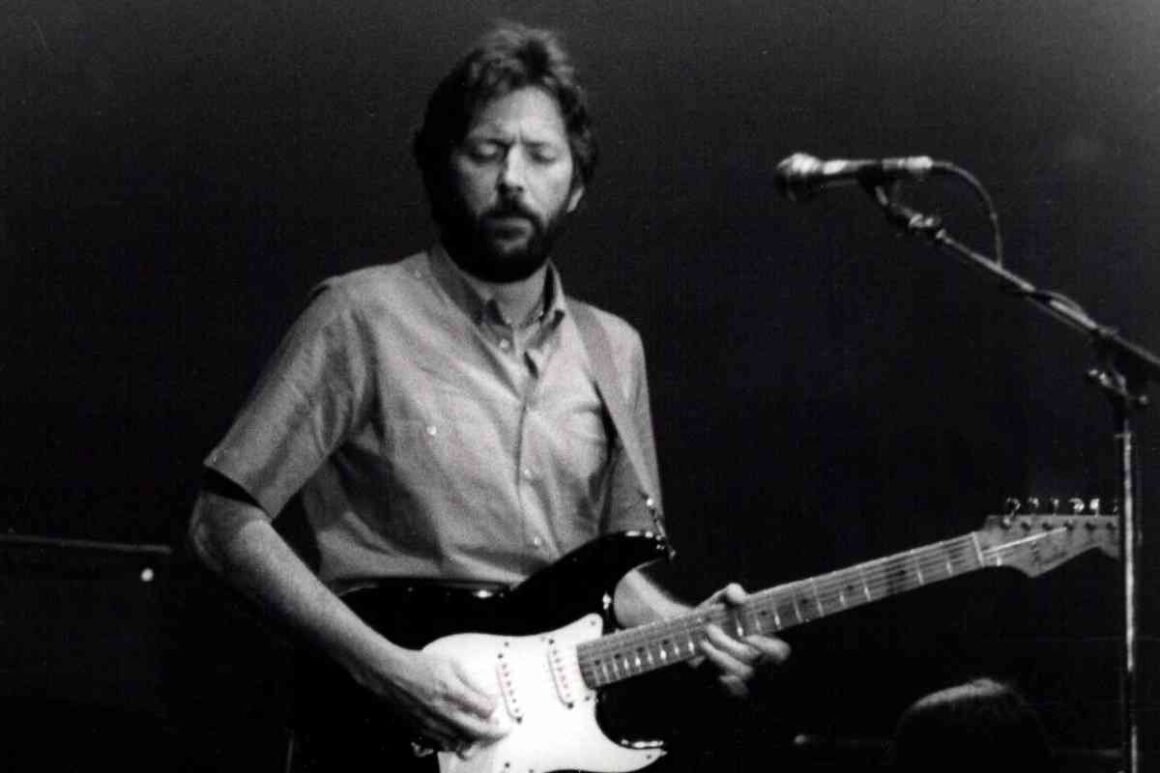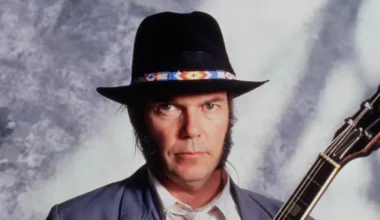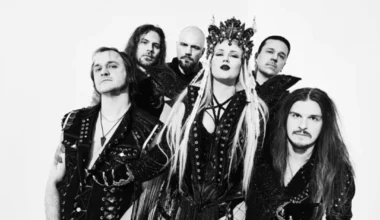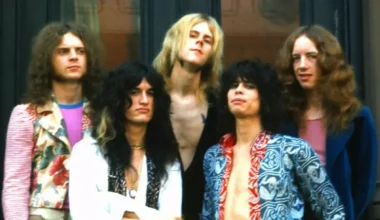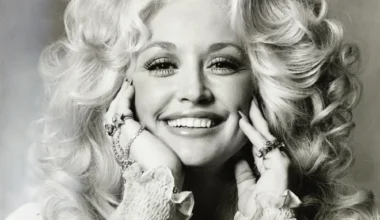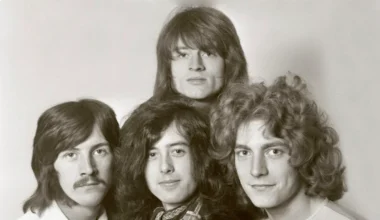Eric Clapton’s name resonates through rock history, spanning nearly six decades and highlighted by his time with The Yardbirds, Derek and The Dominoes, and even a few notable contributions to The Beatles. As one of Britain’s finest guitarists, Clapton should have a secure place among rock legends. However, like many icons before him, his views have strayed from the principles he once championed.
A controversial figure, Clapton ignites discussions about the separation of art from the artist. While he undeniably ranks among the greatest guitarists ever, his problematic remarks, including a notorious racist rant, place him on the wrong side of many contemporary conversations.
With a repertoire of solos that would make any musician envious, Clapton has earned his status as a true guitar great. His opinion on others’ solos carries significant weight, but there’s one in particular that holds a special place in his heart, which he considers among the finest of all time.
During his time with Cream, Clapton influenced generations of guitarists, including the likes of Jimi Hendrix, shaping the creative landscape for aspiring musicians. His approach inspired many to learn, interpret, and play with passion—an ethos that nearly every great guitarist since has adopted.
Clapton’s roots in the American blues scene shaped his artistry in his formative years. Even at the height of his success, he kept a watchful eye on emerging talent across the Atlantic. It was here that he discovered his all-time favorite solo, played by none other than Duane Allman.
This celebrated solo is from Allman’s breathtaking performance on Wilson Pickett’s R&B cover of The Beatles’ “Hey Jude.” It became a crucial part of Allman’s rising fame, helping him establish The Allman Brothers Band the following year.
“I remember hearing ‘Hey Jude’ by Wilson Pickett and calling either Ahmet Ertegun or Tom Dowd and saying, ‘Who’s that guitar player?’” Clapton recalled. This inquiry not only led him to his favorite solo but also to a future collaborator. Clapton learned that the guitarist was a 22-year-old session musician known as “Skydog.” He reflected, “To this day, I’ve never heard better rock guitar playing on an R&B record. It’s the best.”
The remarkable collaboration between Pickett and Allman was a serendipitous match. In November 1968, Pickett arrived at Rick Hall’s Fame Studios in Muscle Shoals, Alabama, aiming to record but lacking a definitive song. Allman, who was supposed to work for Hall but was told there were too many guitarists, asked to stay and assist. He then proposed recording a version of “Hey Jude,” which initially seemed absurd to Hall and Pickett but ultimately turned into a groundbreaking idea.
Randy Poe’s book Skydog: The Duane Allman Story recounts Hall’s astonishment at the suggestion: “Pickett came into the studio, and I said, ‘We don’t have anything to cut.’ By this time, Duane had become my guy. So he said, ‘Why don’t we cut ‘Hey Jude’?’ I said, ‘That’s the most preposterous thing I ever heard. We’re gonna cover the Beatles? That’s crazy!’ But Duane argued that their success could help them gain attention. Ultimately, I agreed to it.”
The result of this bold decision resonated deeply with Clapton. Upon hearing Allman’s distinct guitar work, Clapton ensured their collaboration would lead to one of rock’s greatest anthems: “Layla.” The synergy between the two guitar legends delivered some of their finest performances, proving the magic that happens when artists respect one another’s craft. This legendary pairing might never have existed without the daring decision of a few studio engineers to record a Beatles classic.

